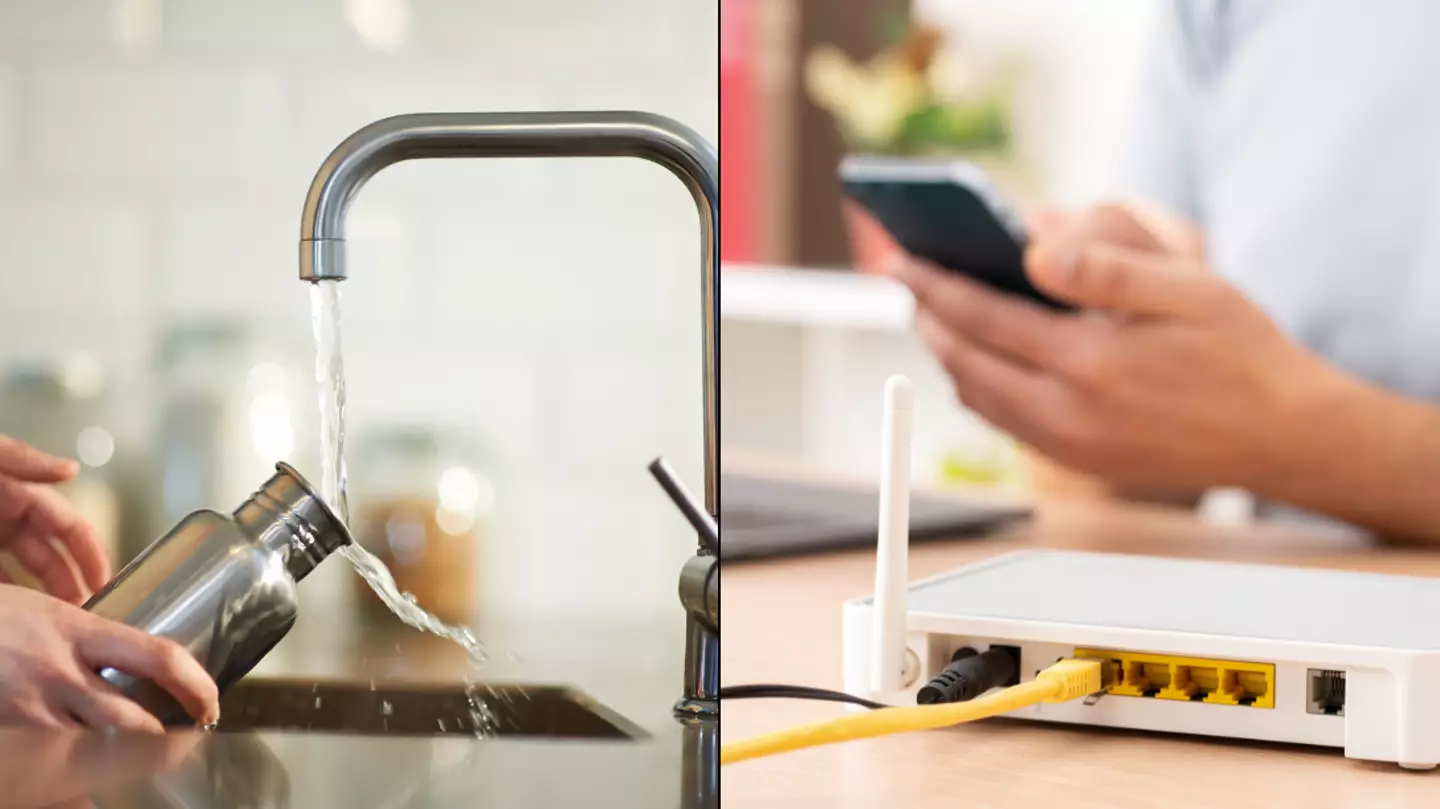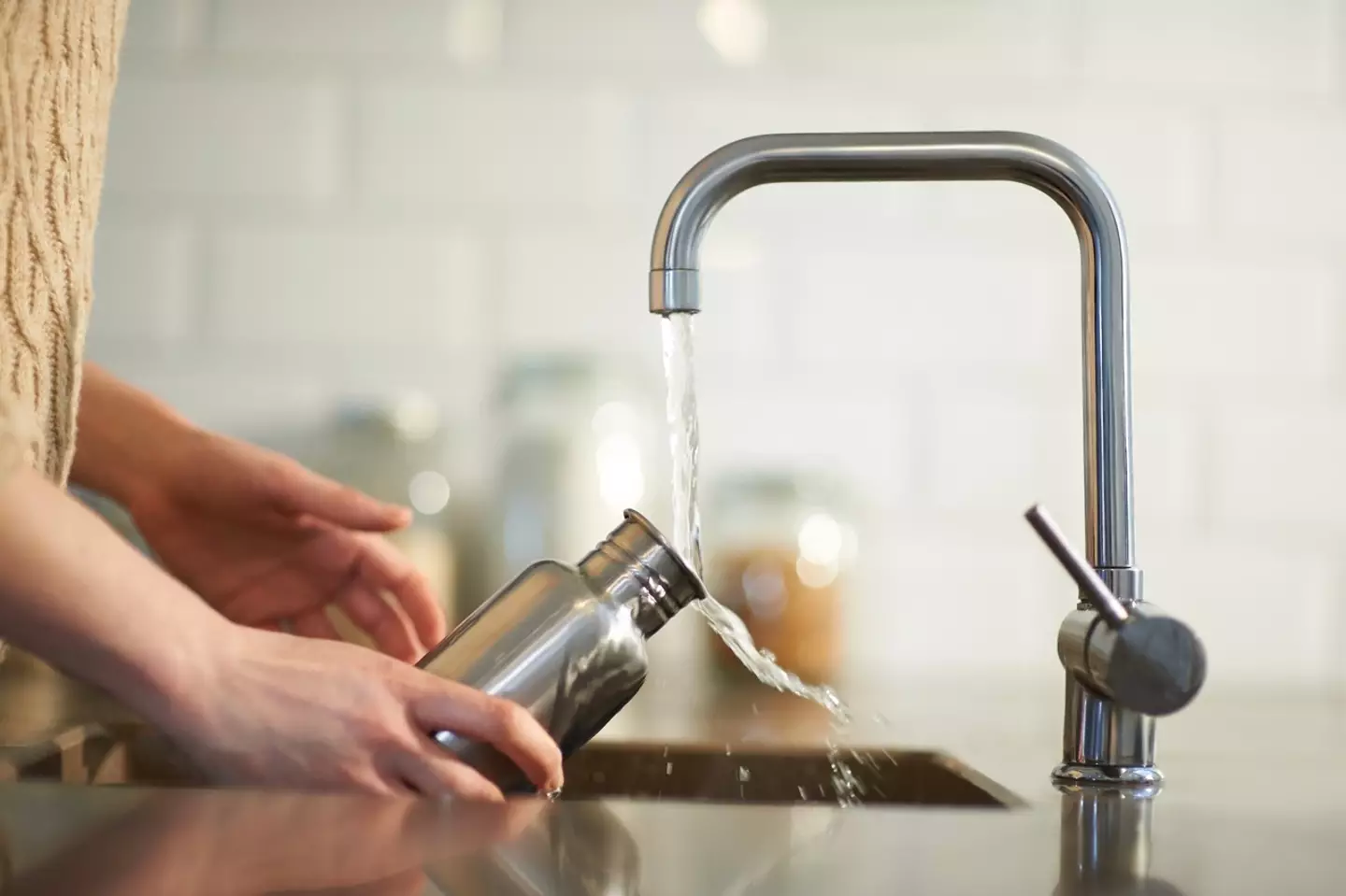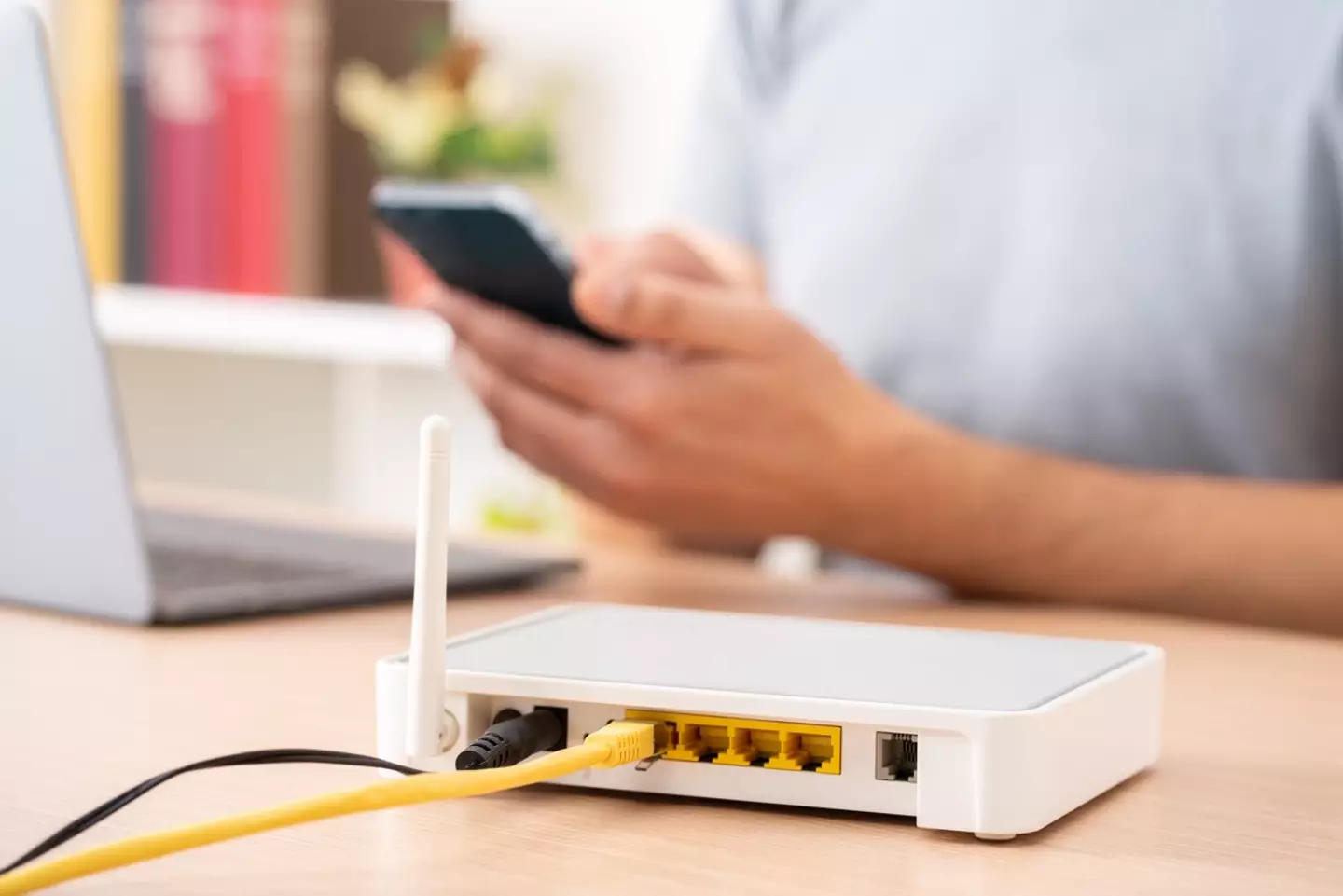
Sorry to put a downer on your Easter weekend but it seems that household bills are expected to jump up in price this month.
Sadly, this is not an April Fools, as the cost-of-living crisis doesn't seem to be going anywhere.
People have since been urged by the likes of Martin Lewis to take a look at their bills for cheaper alternatives where possible.
Advert
As reported by The Independent, seven household bills are expected to increase from today (1 April) onwards.

Council Tax
The average annual council tax bill is expected to increase by £106 on average, while the bill for the average Band D property will increase by five percent.
Advert
Although council taxes are rising in Wales, SNP has pledged a price freeze across Scotland until 2025.
Water bills
Water and sewerage bills are going up to six percent, on average, in England and Wales from 1 April, roughly a £473 rise.
Water UK chief executive David Henderson said: “Next year will see record levels of investment from water companies to secure the security of our water supply in the future and significantly reduce the amount of sewage in rivers and seas.”
Broadband bills
Many broadband bills will increase by 7.9 per cent from today (1 April) onwards.
Advert
BT, EE, Plusnet, Shell Energy, TalkTalk, Virgin Media and Vodafone are increasing their prices, as they do every April.
Richard Neudegg, director of regulation at Uswitch.com, said: “There is hope on the horizon, with Ofcom currently weighing up a new ban on inflation-linked and percentage-based price hikes.
“All mobile and broadband customers should check to see if they are in or out of contract, and consider switching to a cheaper deal as soon as they are able to prevent overpaying.
“This is especially true for anyone who hasn’t moved in the past 18 or 24 months as you’re very likely to be at or nearing the end of your contract and significantly cheaper options will be out there."

TV Licence fee
From April onwards, the annual cost of a standard TV Licence will be £169.50, a £10.50 increase from the previous fee.
Advert
A TV Licensing spokesperson told LADbible: "A TV Licence provides cover for anyone watching or recording a TV programme on any channel; watching live content on streaming services; and using BBC iPlayer.
"Information is available on the TV Licensing website and via the customer services team, who can help with any queries.
"TV Licensing’s primary aim is to help people stay licensed and avoid prosecution - which is always a last resort. We are doing all we can to help people and offer a range of concessions and payment schemes which support people who fall into financial difficulty.
"If it is necessary to consider prosecution we apply evidential and public interest tests."
Road tax
Car owners who have registered after 1 April 2017 are likely to pay £190 per year for road tax/vehicle excise duty, which is a £10 increase from 2023.
Advert
Older vehicles may have to pay even more.

Stamps
Stamps, yes stamps, are also increasing by 10p.
From 2 April, first-class stamps are going up by 10p to £1.35 and second-class stamps by 10p to 85p.
NHS Dental charges
It's important to note that NHS Dental services are free for children under 19, or for pregnant people.
But for others, starting in April, band one's price of £25.80 has gone up to £26.80.
Band two treatments have gone from £70.70 to £73.50.
While band three procedures, previously £306.80, are increased to £319.10
Shawn Charlwood, general dentistry chair of the British Dental Association, said: “This latest hike is another slap in the face for hard-pressed families across England."
Meanwhile, a spokesperson for the Department of Health and Social Care added: "We provide a wide range of support to ensure everyone who needs dental care can afford it.
"Over 47 percent of people are eligible for free dental care and last year the NHS delivered over 15.4 million courses of free treatment under these exemptions, including children, those on low incomes and pregnant women.
"Where charges do apply, it is important they are updated to reflect increases in the cost of delivering NHS dental care."
What the experts are saying
Natalie Hitchins, Which? head of home products and services, said: “From April 1, millions of people will face price hikes, including on broadband, mobile, water and council tax bills – and these come just a few weeks after train ticket prices increased for many.
“However, there are ways to cut costs in the face of these price rises and keep your household bills as low as possible.
“Our research shows that switching providers if you’re out of contract can slash broadband, pay TV and mobile bills by up to £187. It’s also worth checking if you’re eligible for any council tax reductions or exemptions and could save money by installing a water meter.”
A Treasury spokesperson said: “Our decisive action has meant that inflation has more than halved to 3.4% and is forecast to fall back to the two percent target within the next three months – a full year ahead of expectations. That is protecting households around the country from higher costs.
“Thanks to changes at autumn statement and a second national insurance tax cut in April, we’re putting £900 a year back into the average worker’s pocket. "This is on top of one of the largest cost of living support packages anywhere in Europe over recent years, worth an average of £3,800 per UK household between 2022 and 2025”.
Featured Image Credit: Getty Stock ImagesTopics: UK News, Money, Cost of Living